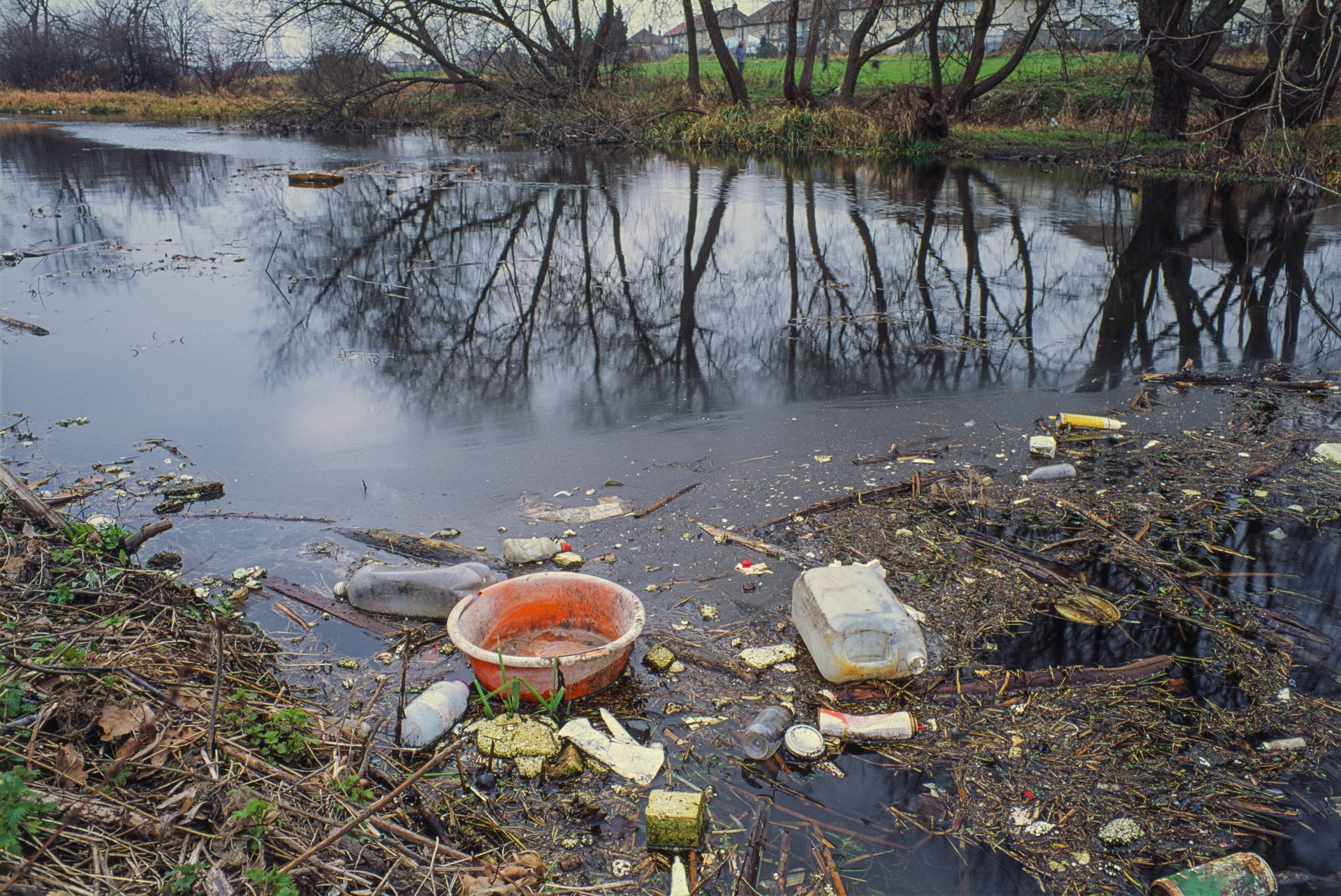The ancient Greek philosopher Heraclitus declared that you can’t step in the same river twice. His point was that everything is in flux, everything changes. The river will be different when you put your foot into it the second time, and so will you.
Now it’s become clear that you shouldn’t attempt to step in an English river even once. We have become an effluent society and, post-Brexit ecological laws don’t look as if they’ll save us. Privatised water companies have failed to invest adequately in infrastructure while paying out substantial dividends to shareholders, and now they are discharging raw sewage into our waterways on a regular basis and in substantial quantities. It’s their go-to safety valve.
Although the government has performed a U-turn on an amendment to the Environment Bill, there is no denying that the brown stuff in our rivers isn’t always mud and it looks like we’ll have to get used to that.
The public response to this has been heartening. We are outraged. And it’s not just a small group of hardy (more accurately foolhardy) wild swimmers who are making noises. So why has this issue so inflamed us, when we barely complain about poor air quality (a killer), or about the pesticides which destroy insect life and threaten our ecosystem? The answer, I suggest, is disgust. The sight of raw sewage disgusts us.
Disgust is a strange thing. We feel it. It is visceral and immediate, and it comes from the gut as much as the brain. It’s something basic in us that we react so strongly, particularly to smells and tastes. We are disgusted by rotten, smelly, slimy, viscous, putrid, unhealthy things. We want to get away from this stuff as quickly as possible. It makes us say yuk, wrinkle our noses, cover our mouths. And for many of us, other people’s faeces come top of the heap of disgusting matter.
Cesspools produce real revulsion. The philosopher Martha Nussbaum singles out human excrement and corpses as two of the primary objects of our disgust. These things contaminate what they come in contact with. In The Unbearable Lightness of Being, Milan Kundera describes kitsch as a kind of denial of disgust, as the aesthetic ideal where shit is ignored, and everyone talks as if it didn’t exist. Kitsch is a kind of self-deceptive make-believe that everything is sugar-coated, a sentimental cover-up. But kitsch isn’t an option when you are watching turds floating past while eating a picnic by the river.
What damage does sewage in rivers actually produce though? For thousands of years people have been using rivers as toilets, and faeces are biodegradable, natural, organic. Surely anything dangerous gets diluted away or just broken down. Is this, then, just an aesthetic question about our not liking to see disgusting stuff bobbing about in the water, a consequence of our over-sensitivity, and almost a form of kitsch?
Perhaps we’re all over-reacting, driven by this instinctive revulsion at seeing human excrement. I don’t think so. For anyone who swallows contaminated water, there is a genuine risk from bacteria and viruses: they can cause gastroenteritis, vomiting, diarrhoea. Beyond that, sewage can damage many forms of aquatic life, and it destroys natural environments threatening biodiversity, sometimes by causing excessive algae growth, at other times by making water too cloudy for fish to feed.
But it may be worse than we think. There may be more to this shit show than meets the eye. Research by Jamie Woodward and his team at the University of Manchester’s physical geography department has shown that untreated waste water is the primary supplier of microplastics to many UK rivers, and these rivers flush some of the microplastics into the sea.
Existing technology can remove 99 per cent of microplastics from waste water, so choosing to pump untreated wastewater into rivers is particularly dangerous for the aquatic environment. That’s not something that we can see or smell. It doesn’t produce revulsion, and it probably won’t stir so many people to protest because of that.
Tiny balls of plastic, micro-beads, strands and fibres, seem clean, inert, and relatively harmless compared with fetid lumps of excrement. But they damage the riverbeds where many small organisms live and feed, and they have a good chance of entering our food chain. We don’t yet know the long-term effects of ingesting quantities of microplastics. If they’re really bad, we as a species won’t be stepping into the same river twice.












